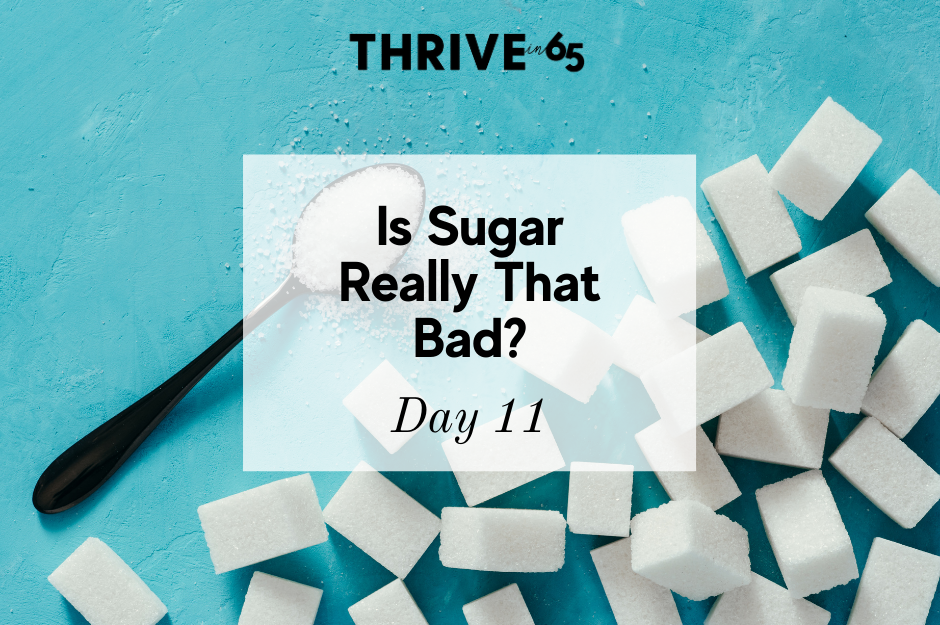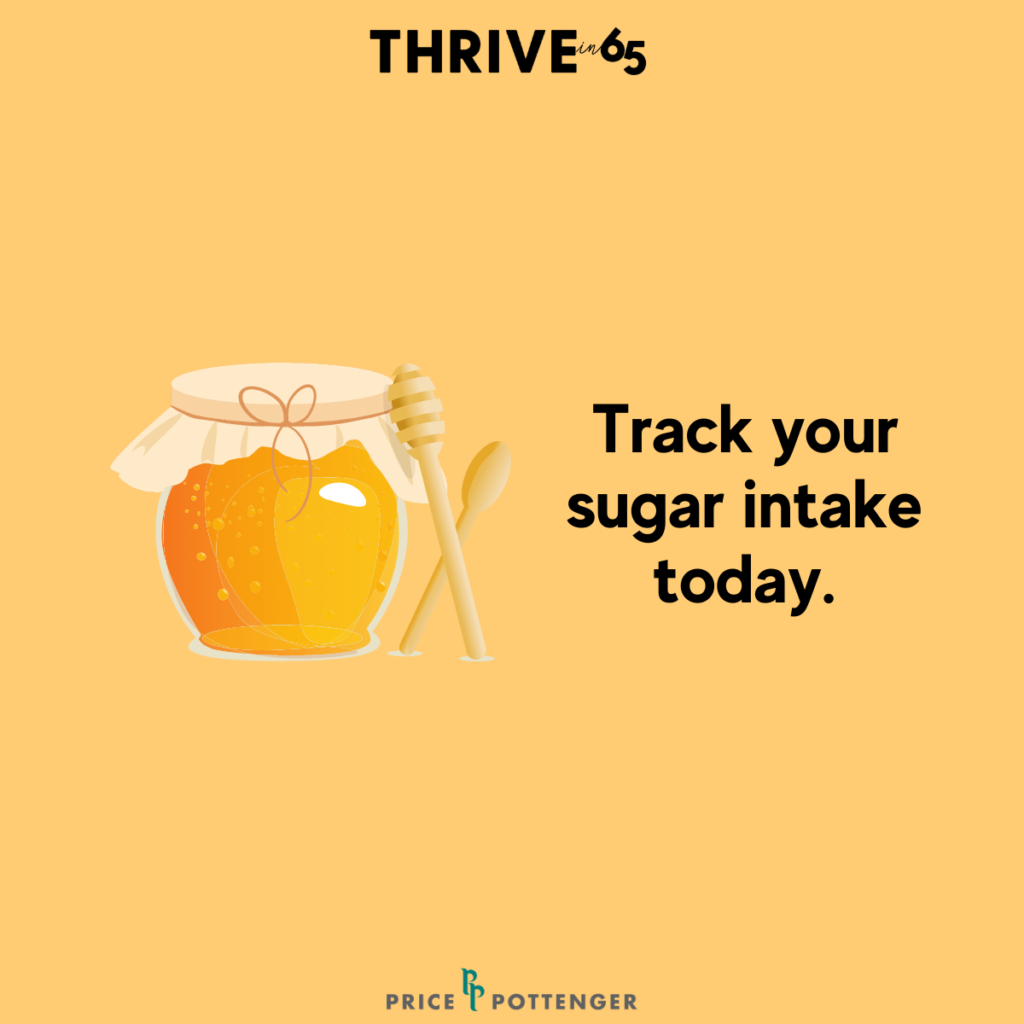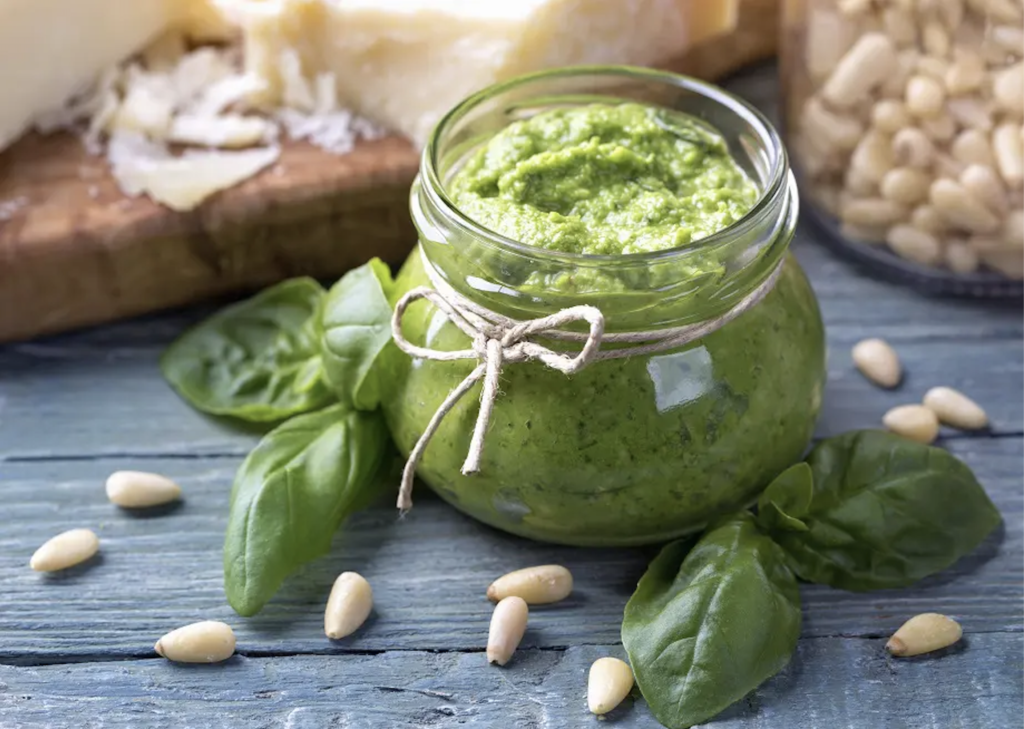Access to all articles, new health classes, discounts in our store, and more!
Is Sugar Really That Bad?

A phenomenon that is often seen in New Year’s resolutions is giving up sugar. But is it really so bad that you need to give it up entirely? How does sugar impact your health, even if you don’t eat much? And how much is too much?
Sugar and Health Problems
When you eat sugar of any kind, including foods that are high in carbohydrates, it involves one of three types of simple sugars: glucose, fructose, or sucrose. They are all the same when it comes to calories.
Glucose is the main source of energy (unless you are in ketosis). This is what most carbohydrates break down into, with a few exceptions. Fructose is the simple sugar that is naturally found in fruits, honey, corn, sugar cane, and some higher-starch vegetables. Fructose tastes sweeter than glucose. Sucrose is a combination of glucose and fructose.
All forms of sugar can lead to health problems in direct or indirect ways. The biggest concerns when it comes to sugar are:
- Excessive calories. All sugar contains calories that don’t actively provide the nutrients that your body needs. Fruits that are higher in sugar provide fewer benefits than those that are lower in carbs. When your diet contains a lot of high-sugar foods, it usually means that you’re consuming more caloric energy than your body requires. This can result in weight gain or trouble losing weight.
- Food cravings. Our brains become dependent on the good feelings we get when we eat sugar. It can temporarily provide a mood boost, but the effect is short-lived. As it wears off, we crave more. When we eat more, the cycle continues. Energy and mood stability can be provided from a diet that is rich in whole foods and low in carbs. Relying on sugar to be a pick-me-up will only result in a long-term cycle of high blood sugar, weight gain, and inflammation.
- Inflammation. Speaking of inflammation, sugar has a negative effect on gut health. Because your gut health sets the stage for your immune system and total body wellness, sabotaging it with sugar is a dangerous idea. Inflammation is meant to be a short-term protective response. When you consume foods that lead to chronic inflammation it can result in autoimmune disorders and metabolic syndrome, including a higher risk for diabetes and heart disease.
- Aging and epigenetics. As sugar increases inflammation in your body, it can also do two other things: shorten your telomeres, which are the end caps on chromosomes, and affect how your genes behave. Epigenetics and nutrigenomics explore how your DNA responds to changes in the environment from things like food, lifestyle, and stress. Sugar is the opposite of what your cells need to thrive and can actually lead to faster aging and damage in your DNA and cells. This can also increase cancer risk.
Even the American Heart Association and the scientific advisory committee who writes the U.S. dietary guidelines think that you need to limit sugar—perhaps one of the few things that we can all agree on!
All Kinds of Sugar—Even Natural—Are Problematic
Sugar seems to be in everything. Even if you skip refined “white” sugar, most sweeteners are broken down by your body as if they are sugar. It doesn’t matter whether it came from coconut sugar, raw honey, or corn syrup. Even sugar from fruits and starchy vegetables can break down to become problematic if you eat too much.
So do you have to quit all forms and types of sugar to be healthy? No, you don’t. How much sugar you can tolerate depends on your state of health. If you have a metabolic disease, like diabetes, you should virtually eliminate all forms of sugar. If you have a chronic disease, you should consider dramatically curtailing your intake.
If you’re healthy, some fruit, preferably in season, is fine. Sugar in its various forms can be used in ancestral recipes, too. The key is using it in moderation and not making it a regular part of dietary intake. Consuming added sugars or higher-starch fruits and vegetables with fiber and/or fat can also help to offset the negative effects of consuming high-sugar foods on their own.
Ultimately, the only hard rule we suggest is to never consume high fructose corn syrup.
Today’s Simple Step
Before you go cold turkey and quit all sugar, it’s a good idea to first get a snapshot of your sugar intake. When you track your nutrient intake with something like Cronometer, it will give you a breakdown of your total carbohydrate intake—including sugars. This will help you determine how much sugar you’re consistently eating and how to decrease your consumption.
Today’s Recipe
This Half-A-Stick-of-Butter Pesto might seem like the opposite of sugar because it is! Rich in healthy fats and nutrients, choosing this for a snack along with your favorite veggie slices will provide a boost of energy that won’t send you crashing down an hour later.




